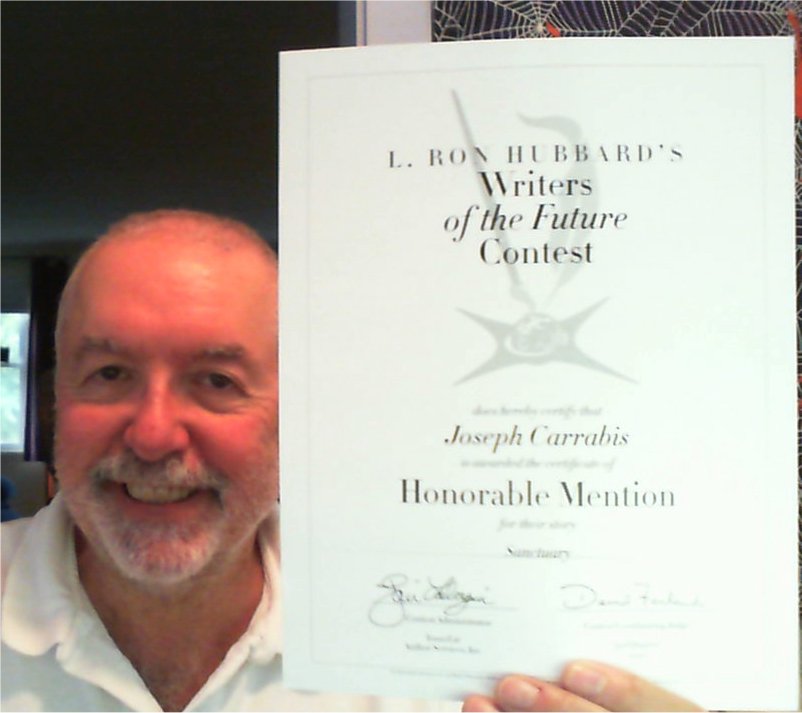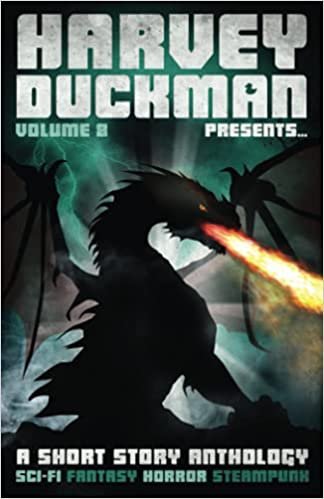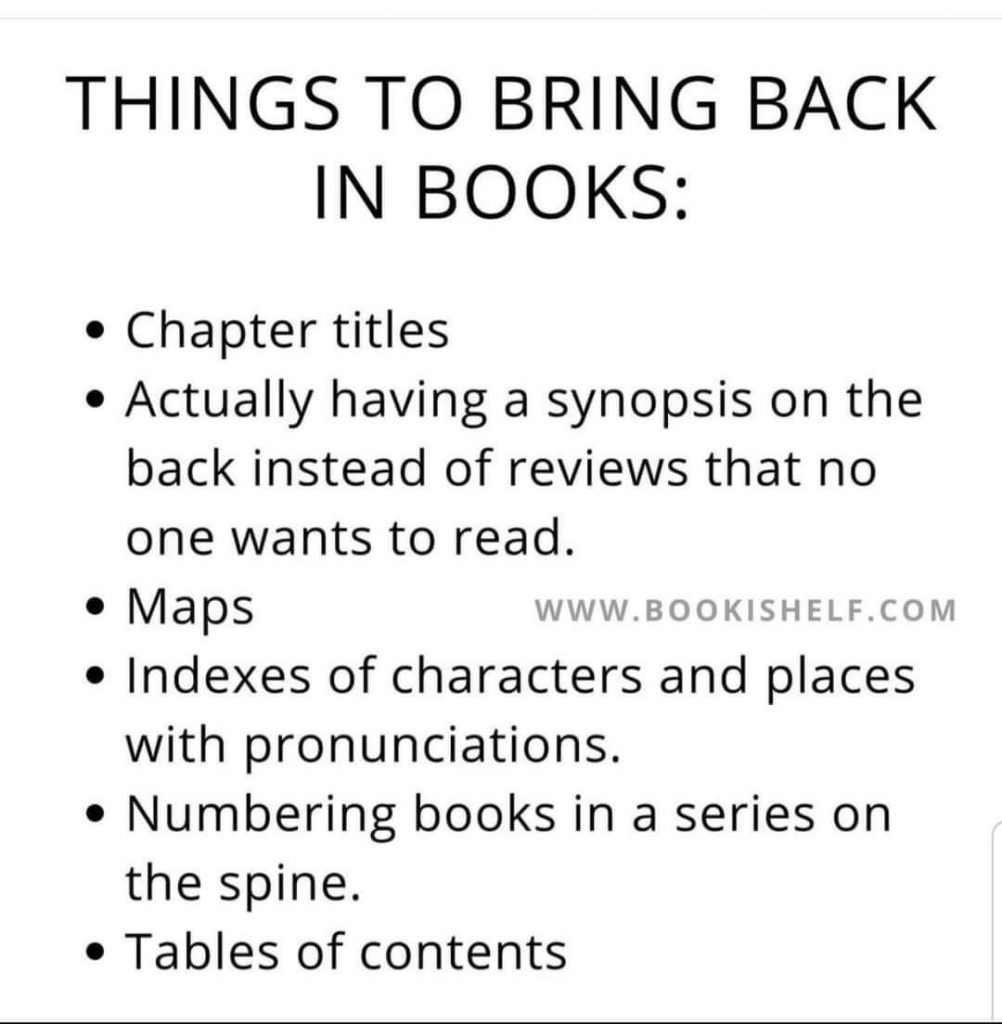People who’ve worked with me in critique groups or in my trainings know about attribution via action because
- I use it often in my own work and
- I use it often when editing/critiquing someone’s work as it tightens scenes considerably.
Almost a year ago I wrote
The desire to have characters do something while talking is good, the execution is usually poor, and now we’re dealing with attribution via action which I’ll cover in another post.
in Toing and Froing and now, for various reasons, here’s that post.
Attribution via Action became increasingly important to me when writing my last novel, Tag. I noticed the actions I used for attribution purposes were stale, generic, didn’t apply to what happened in each scene.
I’ll defend myself with “It was a first, rough draft” which is true. I recognized the problem and made notes in the manuscript to fix it during rewrite, which I will because I tend towards anality about such things.
And still, it’s better not to have such issues in any draft, especially first drafts, as the more corrections necessary the more time taken not publishing and promoting the immediate project and all projects together.
So as I often do when I recognize a weakness in my own work, I gave myself exercises to improve my storycrafting and storytelling. In this case, use attribution via action specific to what I want the reader to experience when they read the sentence/paragraph/page/scene.
I’ve also learned from workshops and teaching that the term “attribution” isn’t in vogue any more.
Sigh.
So some definitions/explanations first.
Speech Tags
The reader has to know who’s communicating in a scene. Knowing who’s saying what is often more important that knowing what’s being said. This is done by identifying the speaker with what they’re speaking.
Words like said, talked, shared, spoke, … are now called “speech tags” and use to be called “attributions” but far be it for a writer to use a single, exact word when a weak, two word phrase can almost do the job not as well.
Said, talked, shared, spoke, … are fine words and they are weak because they lack emotional content until we use a adverb modifier such as said angrily, talked quietly, shared emphatically, spoke loudly, …
A thesaurus helps because said angrily becomes hissed, talked quietly becomes whispered, shared emphatically becomes emphasized, spoke loudly becomes shouted, … becomes … and so on.
Greetings! I’m your friendly, neighborhood Threshold Guardian. This is a protected post. Protected posts in the My Work, Marketing, and StoryCrafting categories require a subscription (starting at 1$US/month) to access. Protected posts outside those categories require a General (free) membership.
Members and Subscribers can LogIn. Non members can join. Non-protected posts (there are several) are available to everyone.
Want to learn more about why I use a subscription model? Read More ch-ch-ch-ch-Changes Enjoy!



